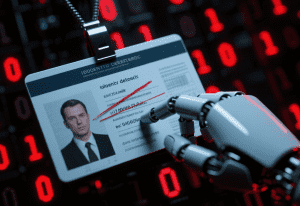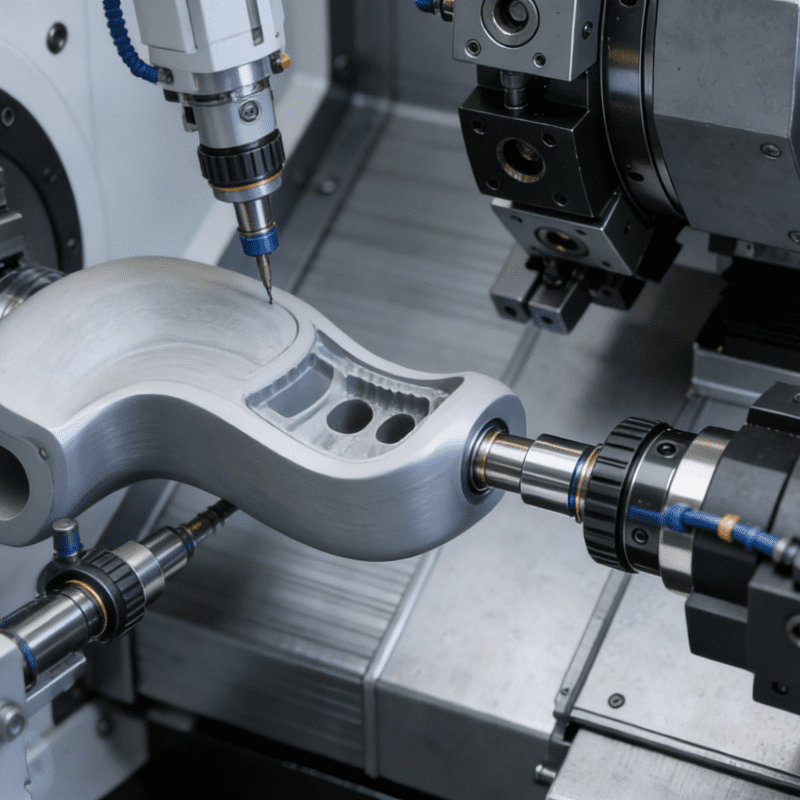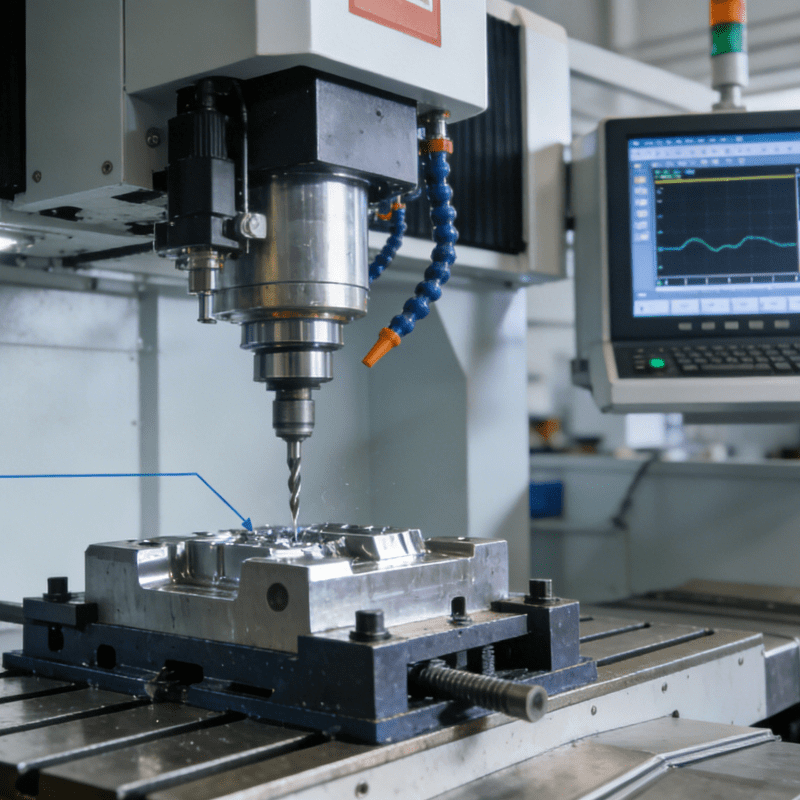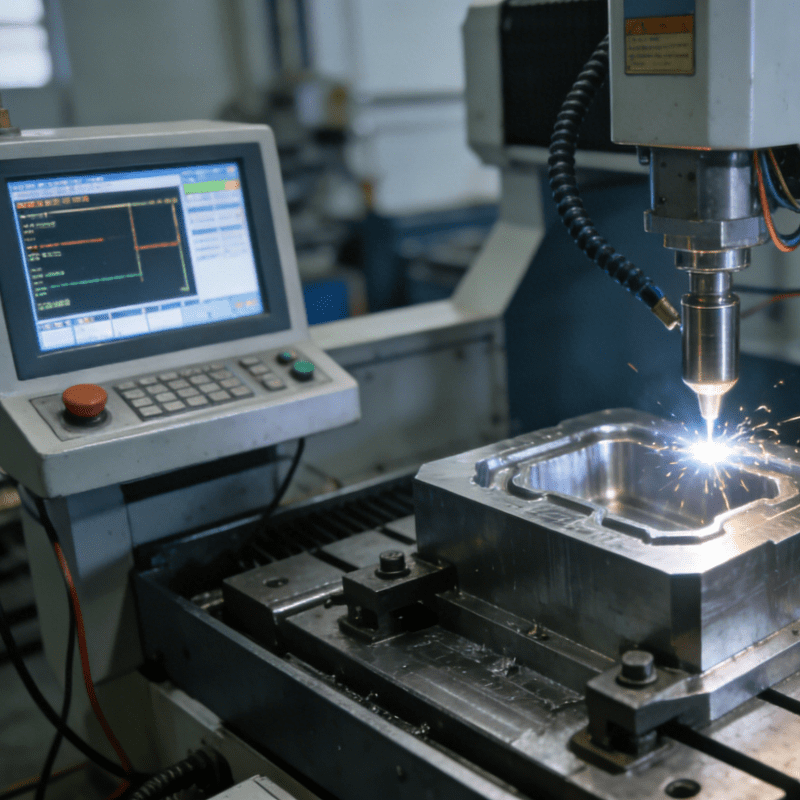Table of Contents
ToggleAI Hijack: The Court Just Legalized The Automation Of Lawyer Identity Theft

In an era where intelligent automation is hailed as the engine of progress across industries, the legal profession stands at a troubling crossroads. When the New Jersey Supreme Court ruled in In re Opinion No. 735 that lawyers can purchase competitors’ names as search engine keywords, it inadvertently green-lit a gateway for intelligent automation to weaponize professional identity theft. This isn’t just a matter of marketing tactics— it’s a case study in how unregulated AI, coupled with automation equipment designed for efficiency, can distort ethical boundaries in ways the law hasn’t yet conceived.
How it happens
Picture a prospective client typing “Jane Smith, Esq.” into Google. The top result? A sponsored ad for John Doe, Esq.— Jane’s rival— served by an AI-driven marketing platform that bought her name in real-time alongside thousands of other attorneys. This isn’t human-driven rivalry; it’s a fleet of automation equipment operating at scale, using algorithms to optimize deceptive ad copy and programmatic bidding to hijack digital identities. The court’s reasoning that labeled “Sponsored” tags suffice is as outdated as treating a self-driving car like a horse-drawn carriage. In the age of intelligent automation, these systems don’t just mimic human behavior— they outpace it, generating endless variations of misleading content without a lawyer ever lifting a finger.
AI’s giant step ahead
Even the court’s requirement for disclaimers is rendered toothless by intelligent automation. As attorney Michael J. Epstein notes, “The disclaimer is just a fig leaf. AI will keep optimizing the copy until it gets the click.” This isn’t a flaw in the system— it’s the system itself. Law firms are now forced to bid on their own names just to exist in search results, a ransom paid to Google’s algorithms that mirrors the worst excesses of industrial automation run amok. In manufacturing, industrial automation is governed by safety standards; in law, we’re letting intelligent automation run wild, with automation equipment designed for precision now weaponized for deception.
The ruling’s true danger lies in legitimizing a framework where AI can automate reputational theft at scale. What the court dismissed as a “fair game” marketing tactic is actually the first domino in a chain reaction: soon, generative AI agents will craft custom landing pages, adjust tones based on user data, and execute identity hijacks with the precision of industrial automation— all within the bounds of what’s now considered “ethical.”
A call for contextual governance
There’s a clear path forward: draw a bright line against impersonation, just as industrial automation is regulated to prevent harm. Lawyers should advertise with their own brands, not weaponize automation equipment to steal others’ identities. Until rules catch up with intelligent automation, the legal profession risks devolving into a digital Wild West where the only winners are the AI systems designed to exploit loopholes. This isn’t just about lawyer ethics— it’s about whether we let intelligent automation become a force for progress or a tool of systemic exclusion. The court may have legalized AI-driven identity theft today, but the battle to reclaim integrity in the age of automation is just beginning.



















